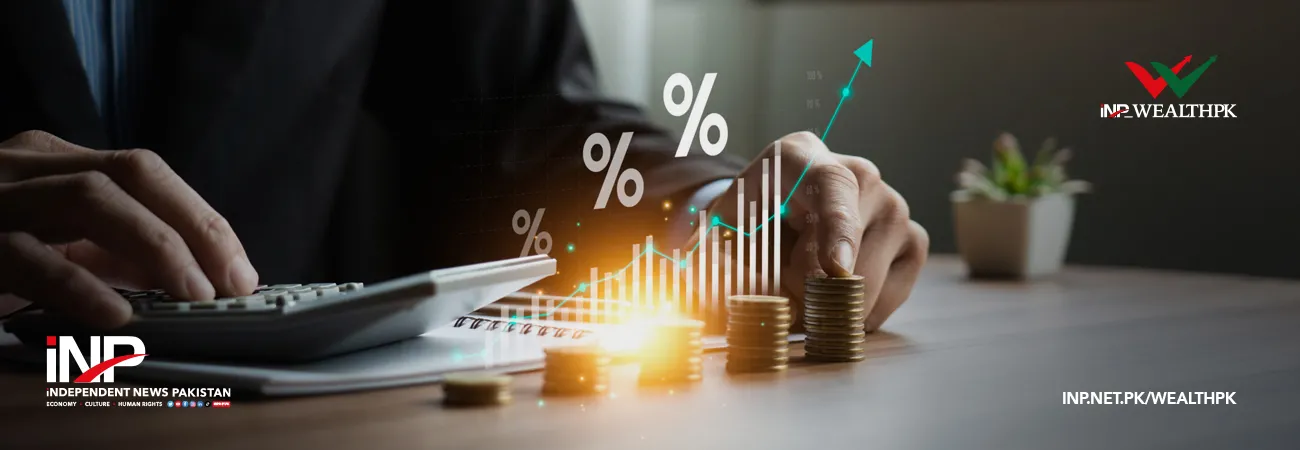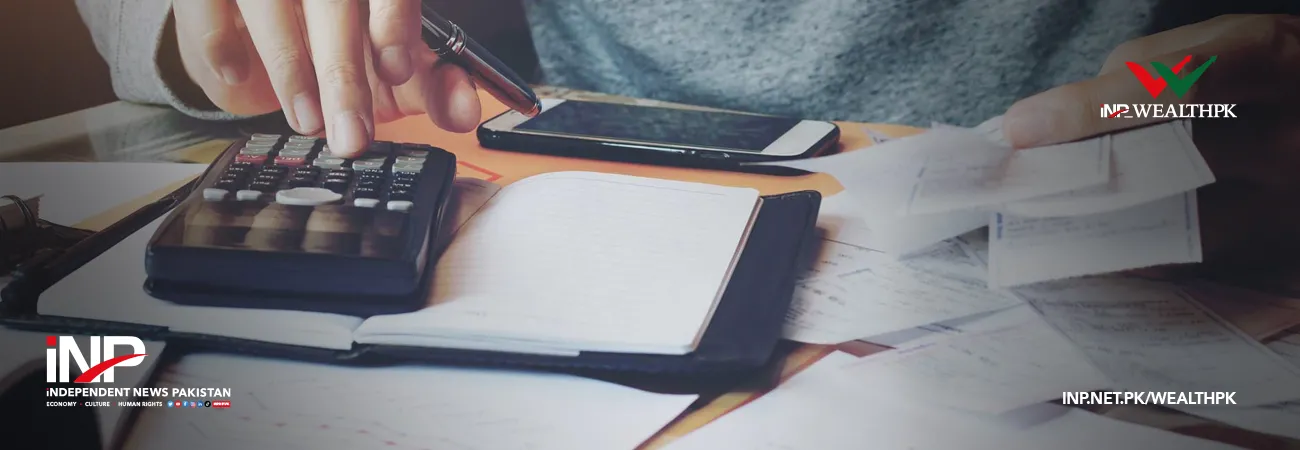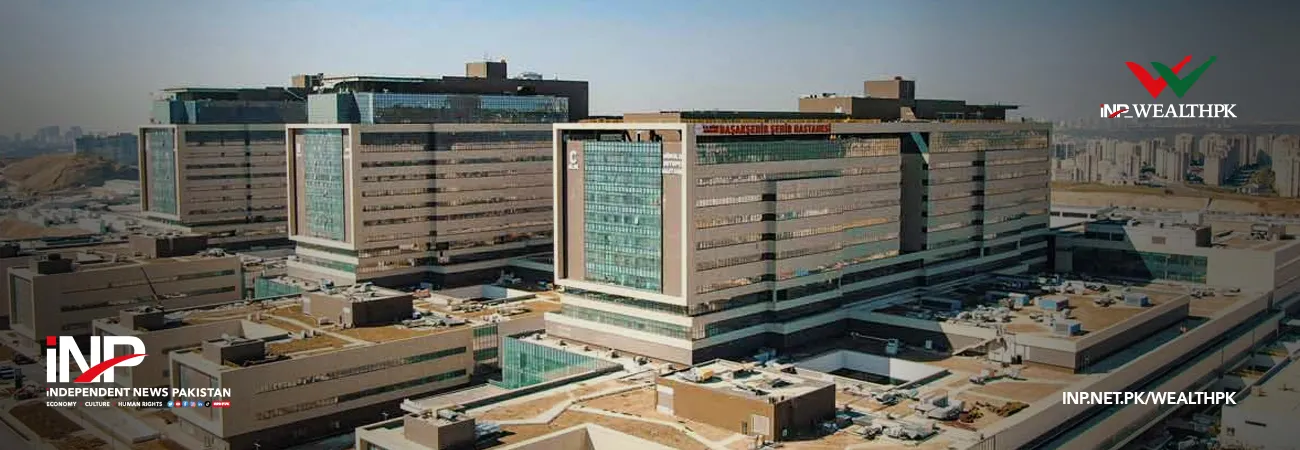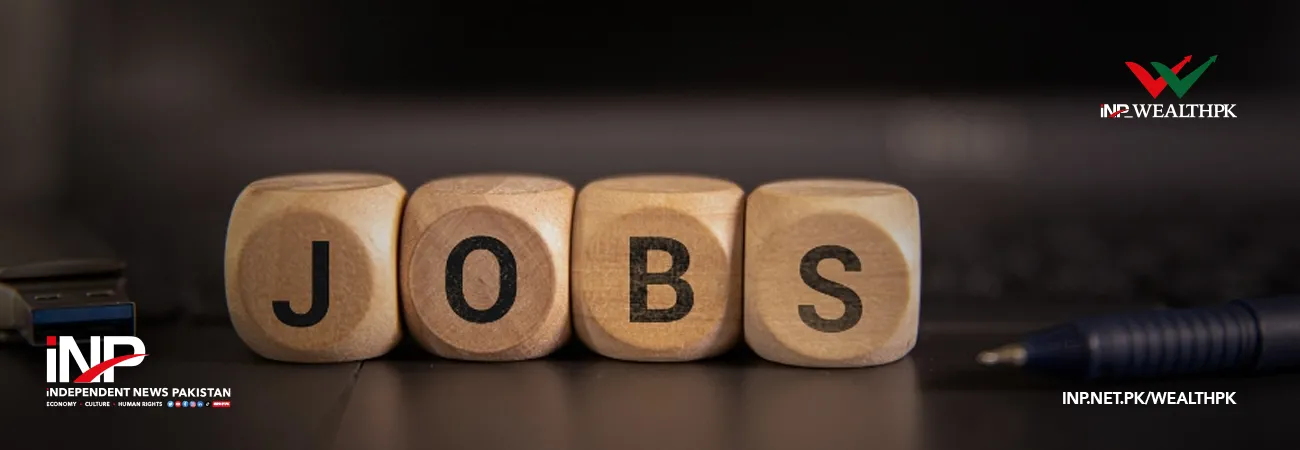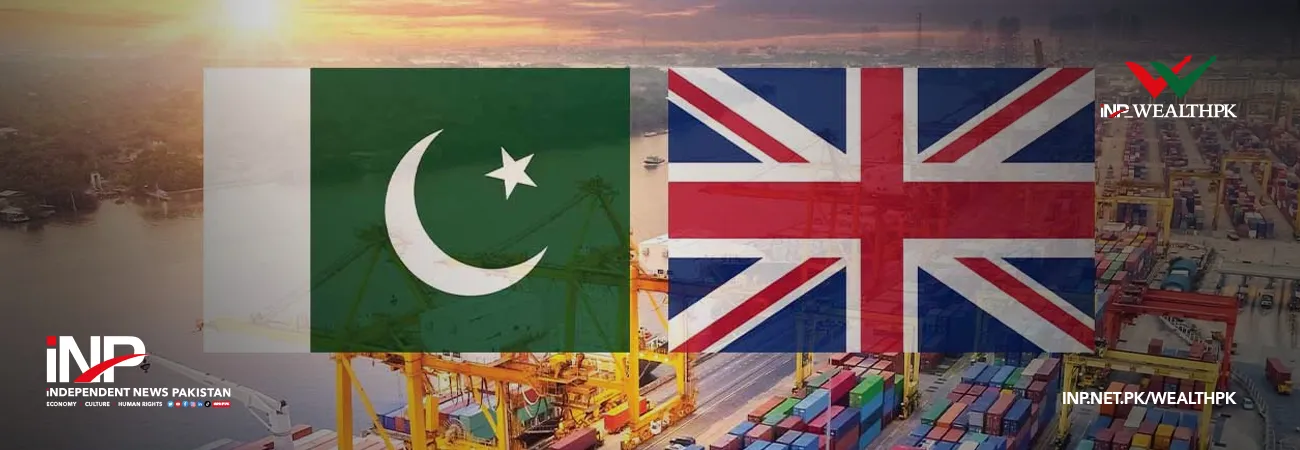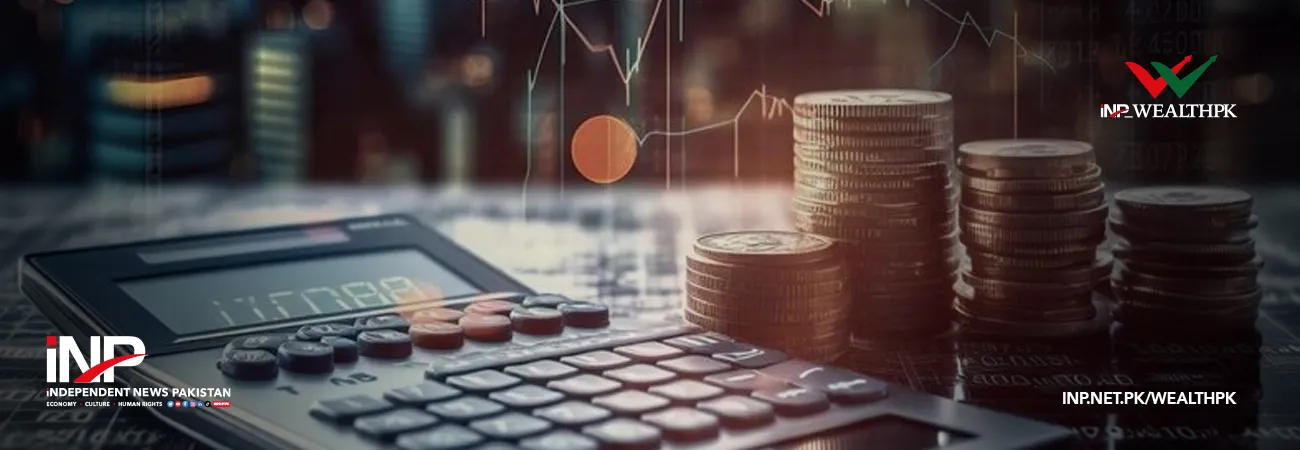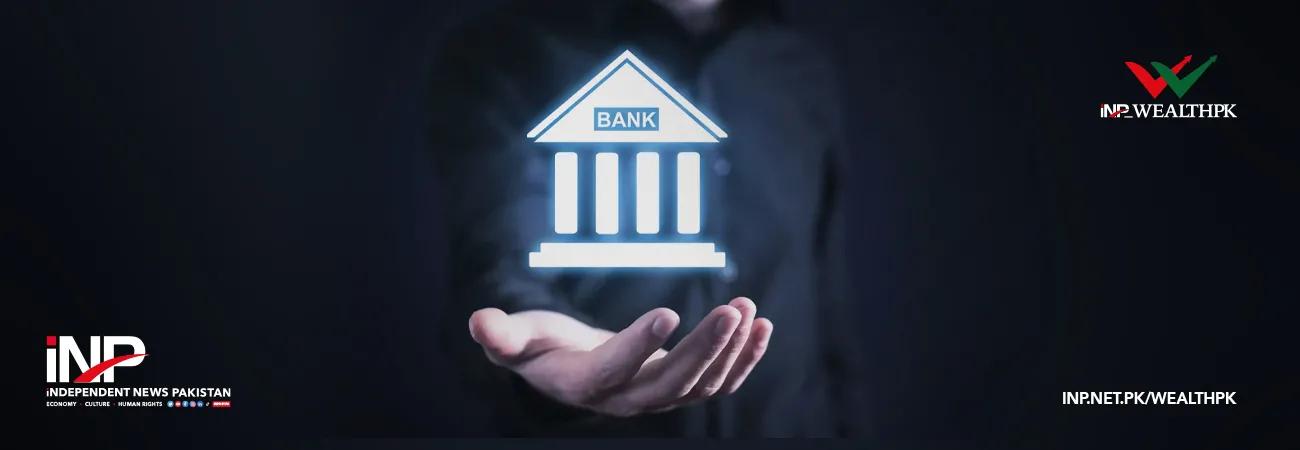INP-WealthPk
Moaaz Manzoor
Pakistan's credit upgrade reflects its commitment to fiscal and external discipline, signaling growing investor confidence and a more straightforward path to recovery, reports WealthPK.
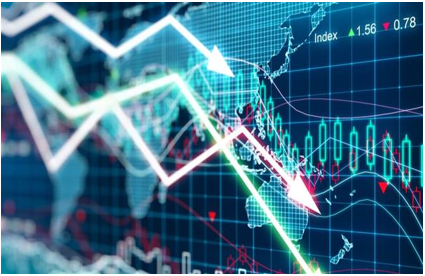
Fitch's recent credit upgrade to B- from CCC+ is a follow-up to the country’s ongoing economic reform trajectory under IMF oversight. It highlights sustained fiscal consolidation, improved current account dynamics, and rising investor confidence. Speaking with WealthPK, Ali Najib, Head of Sales at Insight Securities, said the rating upgrade was based on Pakistan’s visible progress in fiscal consolidation and external stabilization.
He emphasized that consistent reduction in budget deficits, effective policy execution, and alignment with IMF benchmarks — such as limiting the primary deficit and improving the tax-to-GDP ratio — have strengthened the investor perception and improved creditworthiness. “The rating improvement underlines the government’s active pursuit of sustainable macroeconomic management,” he said, adding that it will help Pakistan tap international financial markets with greater ease and better terms.
Najib noted that enhanced investor confidence can directly translate into increased capital inflows and improved sovereign financing space, potentially alleviating pressure on the rupee and supporting long-term stability. He emphasized that this development is not merely a symbolic upgrade but a tangible improvement in the country's risk profile, rooted in policy consistency and structural reforms.
Dr. Muhammad Zeshan, Head of Trade, Industry, and Productivity at PIDE, said the current momentum suggests that FY25 will be a year of economic growth, driven by rising quarterly GDP rates. “The upward revision in quarterly data by the Pakistan Bureau of Statistics (PBS) reflects better-than-expected performance, particularly in manufacturing and exports,” he said.
He linked the optimism to improved energy availability, stable macroeconomic indicators, and a resurgence in industrial activity, particularly in the textile sector. “If policy consistency continues and global negotiations favor Pakistan’s exports, particularly to the US and EU, the growth target of 3.6% is attainable, if not modest,” he added. Dr. Zeshan suggested that continued reform delivery will make Pakistan’s economic recovery less vulnerable to external shocks and bring back medium-term certainty to the business environment.
The rating uplift signals that Pakistan’s course correction — anchored in prudent fiscal management, IMF-aligned reforms, and improved external balances — has restored some international confidence. Continued commitment to structural reforms and policy consistency will be essential for translating this recognition into long-term investment and development dividends.
Credit: INP-WealthPk



